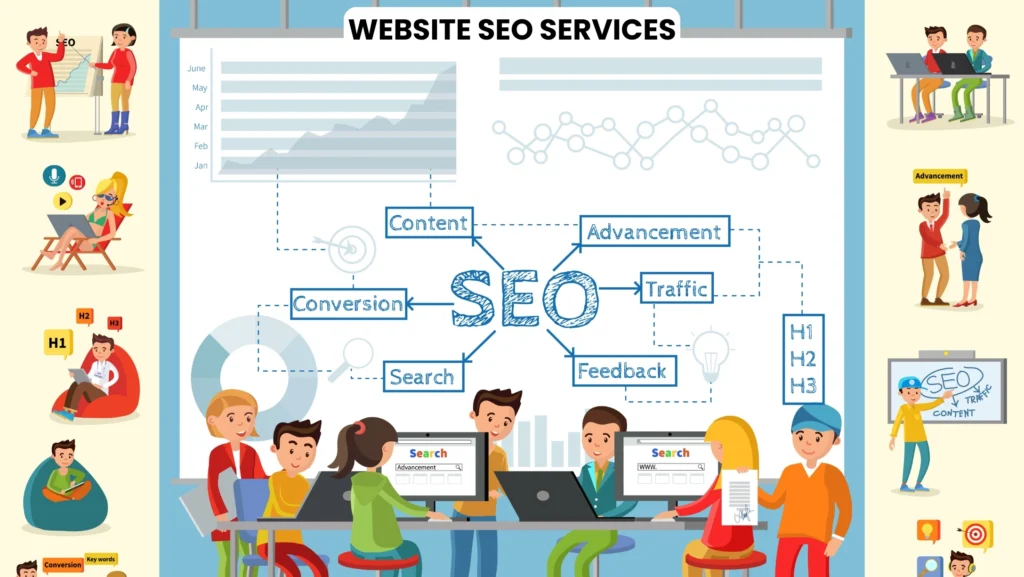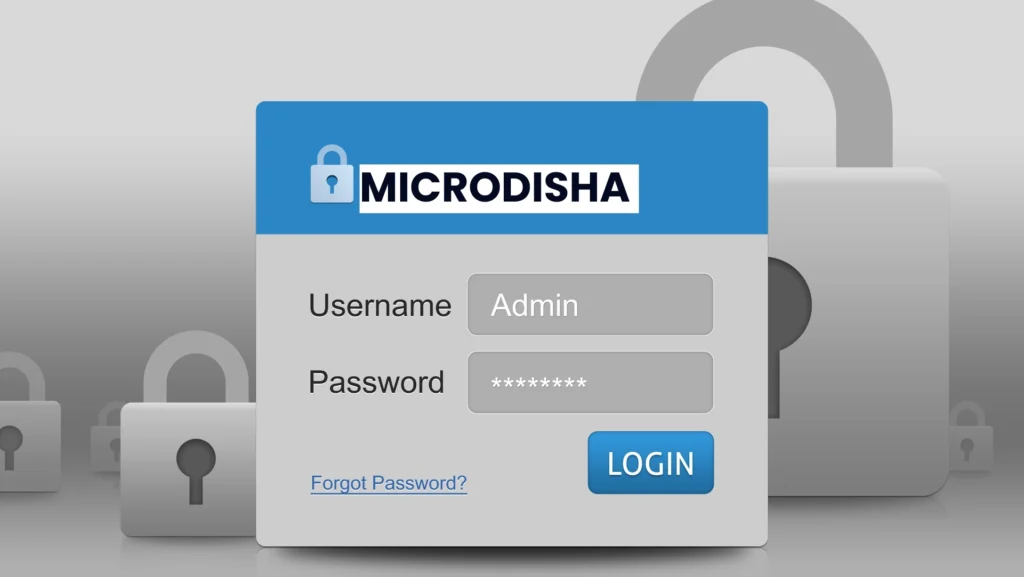The journey to emotional wellness often begins online. People turn to search engines when they need support. If your practice is not listed near the top, those in need may never find you. Local SEO for mental health professionals ensures your services appear where they’re most relevant.
Why Localized Search Placement Matters?
Familiar Surroundings Build Trust
Most individuals prefer therapy close to their home or workplace. When your clinic appears nearby, trust forms naturally.
Visibility Turns Into Engagement
Appearing on maps, directories, and localized queries positions your services ahead of national providers.
Relevance Wins Rankings
Local SEO for mental health professionals ensures that your practice is relevant in both digital listings and the minds of those searching.
Optimize Your Google Business Profile
Showcase Essential Details
Display clear office hours, service types, and your clinic’s address. Add photos of your therapy rooms or waiting area.
Encourage Client Feedback
Respond to comments with compassion. Show appreciation for praise. Thank individuals for their honesty.
Keep Information Consistent
Ensure the contact number, location, and service list remain the same across all listings.
Create Content That Speaks Locally
Adapt Phrases to Your City
Use terms clients in your region actually search. Instead of broad terms, try “grief counseling in Miami” or “family therapist in Atlanta.”
Include Geo-Targeted Blog Ideas
Write about local topics, such as adjusting to New York winters or the pressure of high-performance work cultures in Silicon Valley.
Focus on Authentic User Intent
Local SEO for mental health professionals improves when language reflects real client searches in your area.
Use Landing Pages for Each Location
Dedicated Pages Build Relevance
If you serve multiple cities, build a separate page for each. This avoids dilution and confusion.
Add Maps and Reviews per Region
Visual aids support your page’s context. Show location-specific testimonials or nearby landmarks.
Customize for Local Concerns
Talk about community issues or regional stress factors. Highlight school calendars or climate shifts if they affect emotional well-being.
Register on Therapy-Focused Directories
Trusted Sources Build Confidence
Websites like GoodTherapy, TherapyTribe, and Psychology Today provide credibility.
Maintain Accurate Listings
Matching phone numbers and service descriptions reinforce your professional brand.
Strengthen Citation Profiles
Local SEO for mental health professionals benefits from uniform data across every directory entry.
Generate Positive Reviews Consistently
Ask for Feedback Gracefully
Invite reviews after sessions through follow-up emails. Keep the message respectful and optional.
Respond to All Comments
Even neutral or critical comments deserve kind acknowledgment. Engage without defensiveness.
Showcase Best Testimonials
Select uplifting quotes and include them on landing pages or social media feeds.
Optimize for Mobile Visitors
Fast-Loading Design Matters
Ensure your website opens quickly. A sluggish experience turns users away.
Simplify Menus for Mobile
Make sure people can find directions, phone numbers, and service categories within one or two taps.
Highlight Booking Options
Include clear call-to-action buttons for scheduling, calling, or emailing your practice.
Add Schema for Enhanced Snippets
Provide Search Engines Extra Clarity
Schema markup helps Google understand who you are and what services you offer.
Include Relevant Fields
Mention service hours, accepted insurance, areas served, and credentials in your structured data.
Improve Visibility in Snippets
Local SEO for mental health professionals becomes more effective when rich results appear during searches.
Track Results and Tweak Accordingly
Analyze What Works
Use tools like Google Analytics or Search Console to examine traffic patterns and user actions.
Refresh Old Content
Update outdated pages and replace generic text with new local references.
Test New Ideas
Try different layouts, calls to action, or image styles. Adjust based on performance, not assumptions.
Participate in Local Events and Backlink Building
Sponsor or Host Community Activities
Join mental health awareness fairs, webinars, or mindfulness workshops.
Request Mentions on Local Blogs
Ask wellness writers, community centers, or school newsletters to link back to your practice.
Build Local Authority
These backlinks improve SEO for mental health professionals while introducing your services to wider audiences.
Photos from city events, local parks, or community workshops signal relevance.
Add tags like #AustinTherapist or #SeattleMentalHealth to your content strategy.
Promote Hyper-Local Services
Let followers know if you specialize in a niche relevant to a nearby neighborhood or demographic.
Build Trust with Real-World Presence
List Licenses and Specializations
Detail your certifications. Let clients understand your specific areas of focus.
Include Patient-Focused Imagery
Avoid stock photos. Instead, use calming shots of your practice, furniture, or signage.
Describe the Experience
Talk about the intake process. Mention how sessions are structured or how privacy is maintained.
Final Thoughts
Appearing in search results at the exact moment someone is looking for emotional help creates a life-changing opportunity. A thoughtful local strategy ensures that moment connects them with you.
The power of SEO for mental health professionals lies not in algorithms, but in outreach. It’s not just marketing. It’s showing up when people need care, reassurance, and someone to guide them.
FAQs
Can Google Business Profile Optimization, Local Keywords Targeting, Local Citations & Directory Listings, Encourage Patient Reviews & Ratings?
Ans: Yes. It can also create a Mobile-Friendly & Fast Website and Create Location-Specific Pages for Local Content Marketing.
Can I Use Local Schema Markup to Leverage Social Media for Local Engagement?
Ans: Yes. You could also get into Backlinking from Local Sources.
Is local SEO good?
Ans: Yes. It is good.



